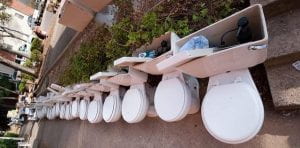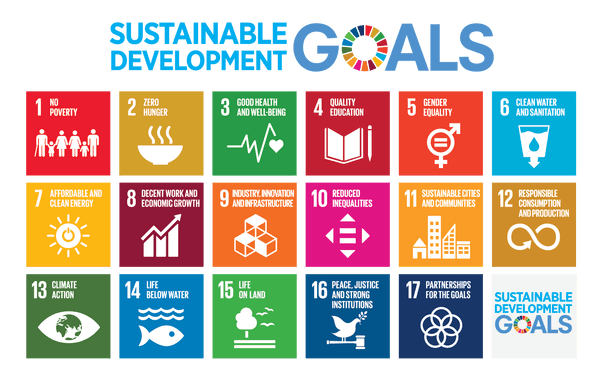Celebrating World Toilet Day
For World Toilet Day we spoke to Gro Slotsvik our Global Challenges Research Manager about the importance of toilets.
For World Toilet Day we spoke to Gro Slotsvik, Global Challenges Research Manager for the Faculty of Engineering, about the importance of toilets and how engineers are working with local communities around the world to create global access to clean water and sanitation.
“It’s one of the less glamorous parts of life. You’ll spend some part of your day, every day, in its company. You probably rarely think about its positive impact on your life. The humble toilet, does not get the attention it deserves.
“So opens the Water & Sanitation session of day three of the Global Engineering Congress in London. Over 2500 participants from 82 countries are finding new ways to achieve the UN Sustainable Development Goals (SDGs) together. There are civil, electrical and mechanical engineers, policymakers, research councils, UN agencies, charities, development organisations, artists and lawyers. And there is a buzz in the air.”
The sanitation challenge
“As the world tackles poverty, climate change and providing education for all, poor sanitation is stalling progress. Worldwide, 2.4 billion people do not have access to basic sanitation services, like toilets. Poor sanitation causes the deaths of over 1,200 children under five, every day. In 2016, inadequate sanitation and hygiene were the cause of more than half a million deaths from diarrhoea alone. A lack of toilets and latrines affects education, health, economic development and our environment.
“The toilet, our unsung hero of sanitation, has a key role to play in achieving the SDGs. None of the other Goals, on equality, poverty and climate action, can be achieved without achieving Goal 6. This Goal states that by 2030 all people should have access to clean water and sanitation. We need toilets to save the world.”
The solutions
“There is no quick fix when it comes to toilets. The toilet that works well in rural Somerset is unlikely to work in rural Sudan. Differences in water levels, space, number of people using the same toilet and how hot, cold, dry or humid the climate is mean that different places need different things. The challenges are diverse and so the solutions need to be too.
“Sanitation for all cannot be achieved without engineers who understand the local context. At the University of Bristol, our engineers are addressing the SDGs in partnerships with local communities and researchers. When we help create earthquake resilient schools in Nepal, map waterborne infectious diseases in the Congo or build sustainable energy systems for refugees in Rwanda, we do so with those who know the conditions best.
“In the case of making sure the world has access to clean water and sanitation, it starts with the humble toilet. Next time you see one, consider giving it a nod of thanks. Much like the engineers fixing sanitation all over the world, it’s a lifesaver.”
More information
Engineering for International Development
The Faculty of Engineering runs a number of international developmental projects across Latin America and the Caribbean, sub-Saharan Africa and Southeast Asia:



